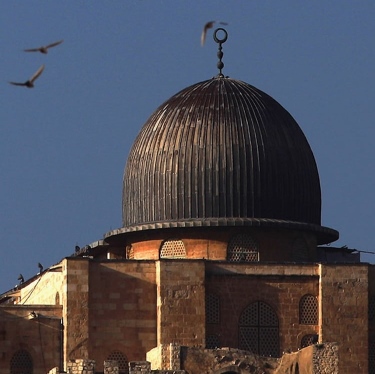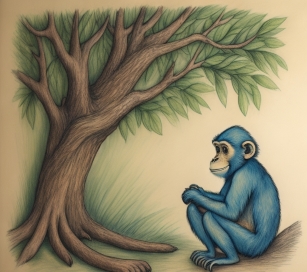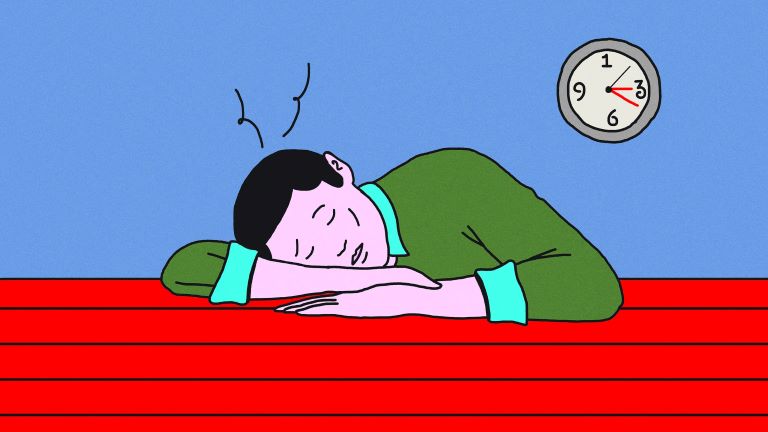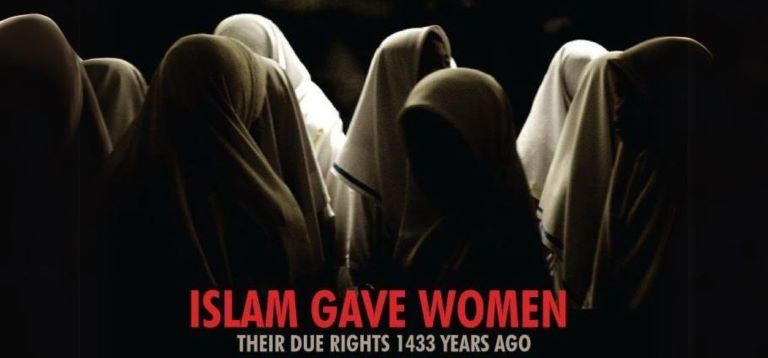FASTING IN RAMADAN: A PATH TO TAQWA
Written By: Esha Atif 
Class: The Beginners Alumni (2022 Batch)
House: -
Ramadan is the ninth month of Islamic calendar, and fasting in the month of Ramadan is considered as the fourth pillar of Islam therefore it is considered as a time of great importance in the Muslim faith.
It was narrated that Abu Huraira said:
Allah’s Messenger (ﷺ) said, “When the month of Ramadan starts, the gates of the heaven are opened and the gates of Hell are closed and the devils are chained.”
[Sahih al-Bukhari Book-30 Hadith-9]

Healthy adult Muslims are required to fast in the daylight hours of Ramadan, which involves abstaining from eating, drinking, immoral acts and getting angry. For Muslims, it is a time for piety and spirituality; an opportunity to get closer to God. Ramadan is the month in which the Qur’an, the holy book of Islam, was revealed to Prophet Muhammad (PBUH) through the angel Jibreel in A.D. 610. The timing of revelation is given special significance and is known as Laylatul Qadr or the Night of Power.
In the Qur’an, Laylatul Qadr is described as:
“We have revealed it (Quran) in the night of power. And what will explain to you what the night of power is? The night of power is better than a thousand months.” (Quran 97:1–4)
While the exact date of Laylatul Qadr is unknown, it is believed to be one of the odd-numbered dates in the last 10 nights of Ramadan.

“It may be that a faster gets nothing but thirst and hunger from his fast. And it may be that one who prays the night long gets from it only sleeplessness” (Ahmad no. 8693).
Ramadan compounds the reward of every good deed, but none more than voluntary giving, sadaqah. So muslimss must give zakat and sadaqah in the month of Ramadan to the poor and needy people. Ibn ‘Abbas reports that the
Companion Anas asked the Prophet(P B.U.H): “What is the best charity? He said: ‘A charity in Ramadan.’ ”.Umrah in the month of Ramadan is equivalent to Hajj. Muslims also observe I’tikaaf in the Ramadan for 10 days. If we practiced good deeds and fast in ramadan we will be awarded by Allah(S.W.T) on the day of judgement. Allah said in the Quran;
Now, if My servants ask you, O Prophet, about Me — then, indeed, I am near. I answer the call of the caller when he calls upon Me. Then let them all respond to Me and believe in Me, so that they may be rightly guided (Surat Al- Baqarah, 2:186).
So whoever please Allah and offer fast and do good deeds will be rewarded in paradise.














